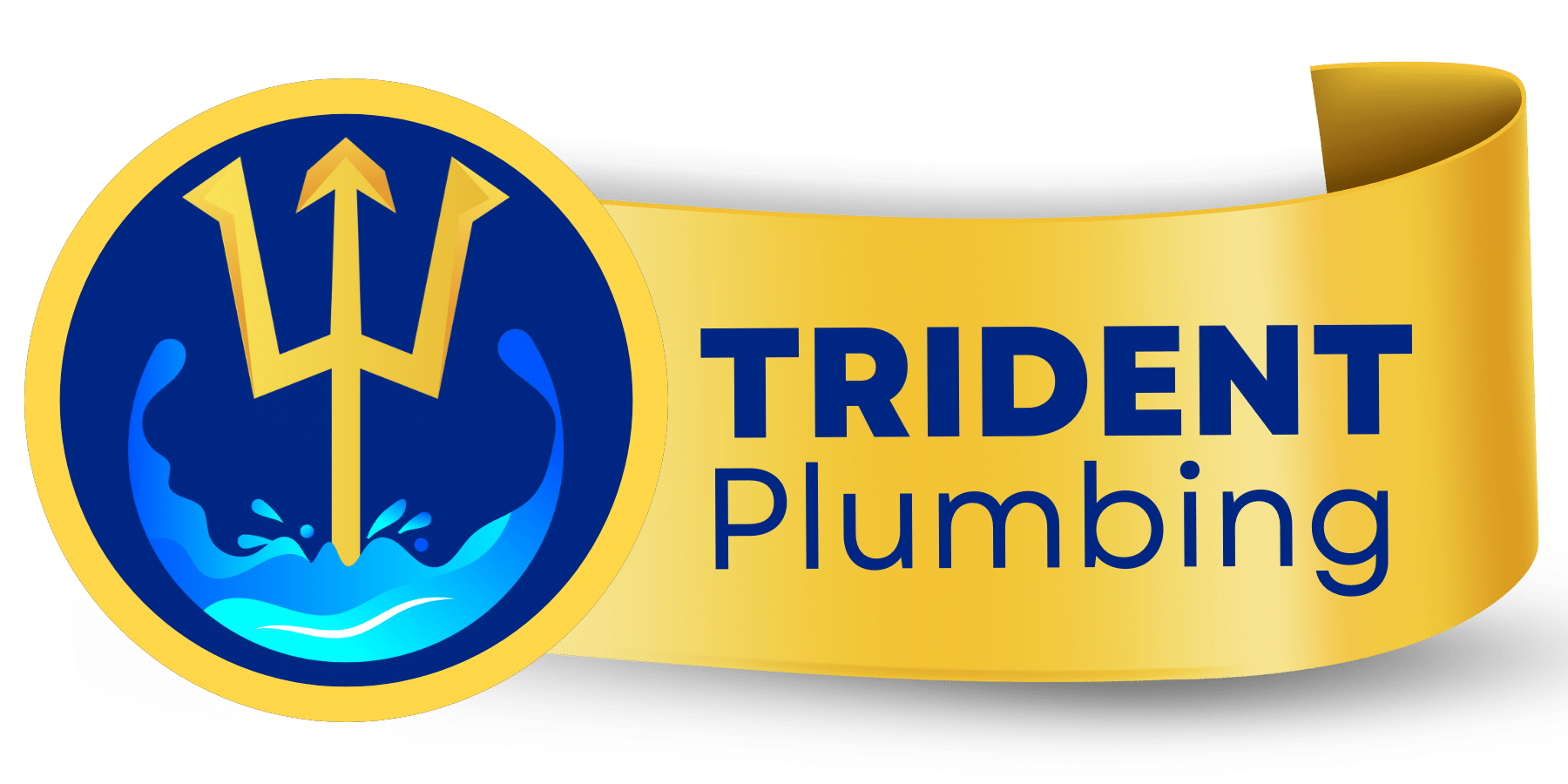What Is Hard Water?
The term hard water describes water that has a high mineral content. More specifically, high levels of dissolved calcium and magnesium. While these minerals are important to our health, when they’re in our water they can harm your plumbing throughout your home. Hard water is not just a potential concern for homes with well water, city water can also be hard. Water treatment facilities remove contaminants from the water supply, but not dissolved minerals.
Hard water is measured in dissolved milligrams per liter of water:
0 – 60mg/L – Soft
61 – 120mg/L – Moderately Hard
121 – 180mg/L – Hard
>180mg/L – Very Hard
Why Is Hard Water A Concern?
There are issues caused by hard water that range from an inconvenience to damaging:
- Calcium in hard water reacts with soap to form soap scum
- Hard water requires more soap – in your dishwasher, washing machine, and when showering – to get things clean
- Hard water leaves residue on your dishes, sinks, showers, bathtubs, and toilets
- Clothing washed in hard water can look dull and faded
- Showering in hard water can make your skin dry and itchy, and your hair dry and limp
- Hard water causes scale build up on your faucet aerators and reduces water pressure from your faucets
- Hard water scale builds up over time in your water lines which reduces the diameter of the pipes and reduces water pressure
- Hard water scale buildup reduces the efficiency of your water heater and shortens the lifespan of your plumbing fixtures and appliances
Hard Water Scale
How Is Hard Water Treated?
Hard water is treated with a water softener that removes the dissolved calcium and magnesium from your water. A water softener is installed where the water first enters your house, before it goes to the rest of the plumbing. A water softener has two main components – a water softener tank, and a brine tank. There will also be a discharge hose that runs to a nearby drainpipe.
The Softener Tank
As the water moves through the sealed softener tank, it moves through resin beads with a negative ion charge. Calcium and magnesium are positively charged ions, so through the process of ion exchange the calcium and magnesium ions cling to the resin. The now softened water flows back out of the softener tank and throughout your house.
The Brine Tank
The brine tank sits next to the softener tank. It has a removable lid and is filled with salt pellets. Eventually, the resin beads in the softener tank will become saturated with the calcium and magnesium ions. A meter on the softener system measures how much water has flowed through the softener tank. When it reaches a programmed volume of water that has gone through the tank, the meter starts a regeneration cycle. Salty brine water is flushed through the softener again exchanging negative salt ions with positive calcium and magnesium ions.
Discharge Hose
Finishing the regeneration cycle, a rinse cycle begins and the water with all of the calcium and magnesium is flushed through the discharge hose and out into the nearby drain line. This self-cleaning cycle leaves the resin beads again negatively charged and ready to continue softening your water.
There is little maintenance that is needed for a softener system. Every few weeks you should check the level of the salt pellets in the brine tank to be sure that enough salt is still in the tank. Keep a closer eye on the salt levels when you first have a softener installed to determine how often it needs more salt pellets. The frequency completely depends on how much water your family uses. You can purchase bags of salt designed for water softeners at any home improvement store. You should have your system checked by a licensed technician annually to be sure that all of the components are still in good working order.


